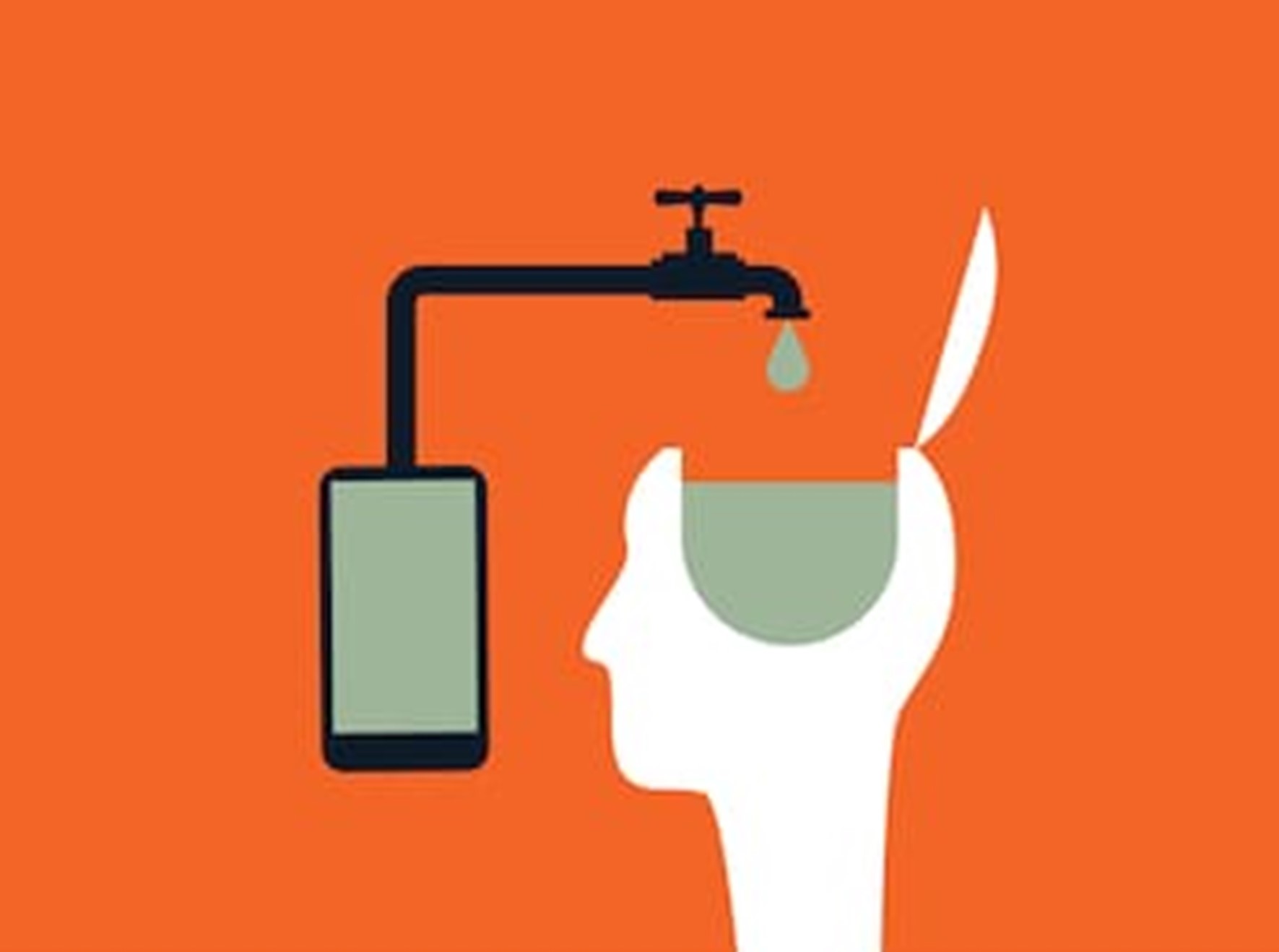The debate continues if social media influencers can be classified as positive influences on younger generations, or are they brainwashing them?

The emergence of social media in the last 20 years has drastically changed people’s prospect on what they believe to be true, due to what they read online. A study conducted by the New York Times Consumer Insight Group investigated the motivations for individuals sharing content on social media platforms. They revealed that people desire to share valuable and entertaining content to others as it helps define them, enables them to grow and nourish relationships as well as emphasises the brands and causes they like to support.
The job role of a ‘social media influencer’ involves possessing a sizeable following on public platforms which is retained through regular publication and interaction with their followers. Social media influencers are frequently approached to market companies’ offerings such as a recent product launch or a new service available. I mean who doesn’t love a freebee?
Social media plays a key acquisitions in shaping our lives as it is current in every-day life. The average amount of time spent a day on social media by 16-43-year-olds was proven to be three hours a day. Many of these hours are spent scrolling through and watching their favourite social media influencers promoting what they believe to be the best products and services available.
A local social media influencer well known in Northern Ireland and beyond in countries like Australia and Dubai is Louise McDonnell, better known as ‘LMD’. LMD is a make-up artist by trade but also is a beauty influencer with a giant following of 115K on Instagram and 70K on Facebook. LMD shares all her beauty tips and tricks on a regular basis on her social media platforms, keeping her followers up to date by uploading content to her stories as well as posting pictures and videos to her social media grid.
But is LMD a positive influence on young people you ask? LMD can be seen as a role model as she built her dream job as a youngster into a successful business career and has now opened a salon in Magherafelt, launched her own beauty products range and collaborated with businesses such as BPerfect and Oh My Glam.

However, LMD acting as a public figure may not always be a positive influence on younger generations, some argue that she frames this fantasy world about how we should live, what luxuries we should have, creating false hope and expectations about reality. Young people will desire the things that she claims that are ‘must have items’ and this reflects negatively, brainwashing the younger generation that if LMD has it, they have to as well.
It has been proven that 70% of teens would trust social media influencers more than traditional celebrities. Teens are more likely to follow advice from influencers over conventional TV and sport celebrities, evidently indicating how influential these influencers can be on younger generations.
Joe Wicks better known as ‘The Body Coach’ is another social media influencer, he is renowned for his virtual PE classes that he held during the first lockdown back in March. Joe is a massive public figure in the UK and has a following of nearly four million on Instagram. That many followers for just recording exercise classes in your living room? Where do I sign up?
Joe has been trying to keep the nation fit and active as well as keep spirits high during lockdown through his fitness videos posted on social media as well as on his Youtube channel. His work has not gone unnoticed as he recently obtained an OBE from the queen. In November 2020, Joe also raised a phenomenal £2 million for Children in Need.

Joe as a social media influencer is impacting young people in a positive way as he is encouraging behaviour that improves their overall mental and physical well-being. Thus, the debate that all social media influencers brainwash younger generations and promote negative messages is not totally correct. Joe Wicks is a prime example of an influencer who is using his social media platforms to promote a healthy and promising lifestyle to the wider public and therefore lessens the idea that all influencers are brainwashing young people with the messages they broadcast on their social media.
Despite what is viewed online by young people cannot always be monitored, influencers can determine what they upload, share, and promote on their social media platforms. Therefore, they must try and establish a balance between what they publicise is realistic to younger generations in comparison to what is ‘brainwashing’ and reflecting negative towards them.
Emily McCann is a final year BSc in Communication, Management and Public Relations student at Ulster University. She can be found on LinkedIn
